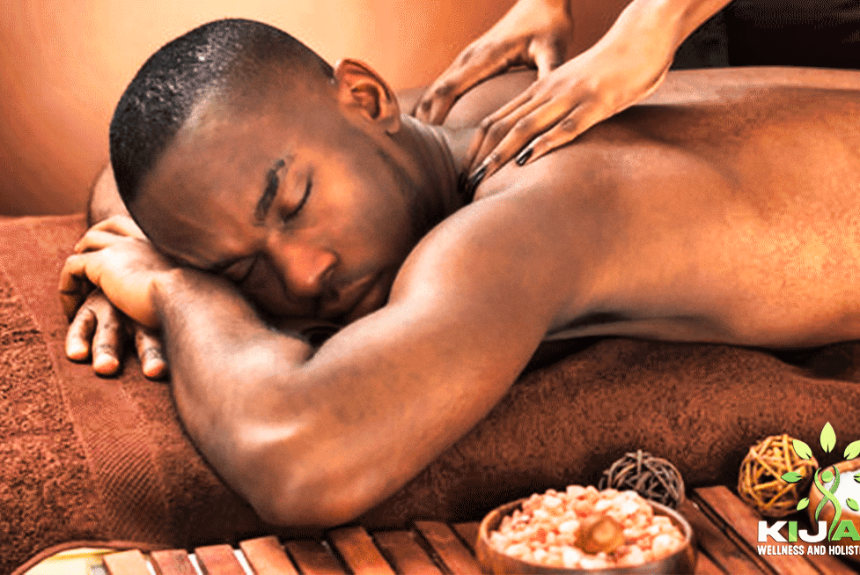The Importance of Massage: Nurturing the Body and Mind
Massage is a time-honored practice that has been used for centuries to promote physical, emotional, and mental well-being. Beyond the luxurious spa experience, massage offers a wide range of benefits that contribute to overall health and quality of life. In this article, we explore the importance of massage and why it should be considered an essential component of self-care and wellness.
- Stress Reduction: In our fast-paced, stress-filled lives, one of the most important roles of massage is stress reduction. The gentle touch of a skilled massage therapist can trigger the body’s relaxation response, leading to a decrease in stress hormones like cortisol. As a result, massage helps to alleviate tension, anxiety, and the physical symptoms associated with chronic stress.
- Pain Relief: Massage therapy is a highly effective tool for managing both acute and chronic pain. Whether it’s muscular discomfort, tension headaches, or specific conditions like fibromyalgia or arthritis, the manipulation of soft tissues during a massage session can relieve pain, increase circulation, and improve joint flexibility.
- Improved Circulation: Massage enhances blood flow and lymphatic circulation. This means that more oxygen and nutrients are delivered to cells and tissues, while metabolic waste products are efficiently removed. Improved circulation not only aids in the healing process but also promotes a sense of vitality.
- Enhanced Muscle Function: Athletes and fitness enthusiasts often turn to massage to optimize their performance. Regular massages can help prevent injuries by keeping muscles and connective tissues supple, and they can aid in post-workout recovery by reducing muscle soreness and inflammation.
- Better Sleep: Many people struggle with sleep disturbances, which can have a cascading effect on overall health. Massage promotes relaxation and can lead to improved sleep quality. It helps regulate the body’s circadian rhythms and encourages deeper, more restorative sleep.
- Emotional Well-Being: The nurturing touch of a massage therapist can have a profound impact on emotional well-being. It releases endorphins—feel-good hormones—resulting in an uplifted mood and decreased symptoms of depression and anxiety. The safe, supportive environment of a massage session can also provide a valuable opportunity for emotional release and processing.
- Mind-Body Connection: Massage fosters a stronger connection between the mind and body. It encourages individuals to be present in the moment, promoting mindfulness and self-awareness. This can help individuals better understand and manage their physical and emotional needs.
- Immune System Support: Studies suggest that regular massages may boost the immune system by increasing the production of natural killer cells, which play a crucial role in defending the body against viruses and cancer.
- Holistic Approach to Wellness: Massage takes a holistic approach to wellness, recognizing the interconnectedness of the body and mind. It complements other forms of self-care, such as exercise, meditation, and healthy eating, to promote overall well-being.
- Self-Care and Self-Compassion: Ultimately, massage is a form of self-care and self-compassion. It encourages individuals to prioritize their health and well-being and provides a dedicated space for self-indulgence and relaxation.
In conclusion, massage is not merely a luxury or indulgence; it is an essential practice for maintaining and enhancing physical, emotional, and mental health. Incorporating regular massages into your wellness routine can be a transformative step toward a happier, healthier, and more balanced life. Whether you seek relaxation, pain relief, or simply a moment of tranquility in our hectic world, the importance of massage cannot be overstated.


Comments are closed